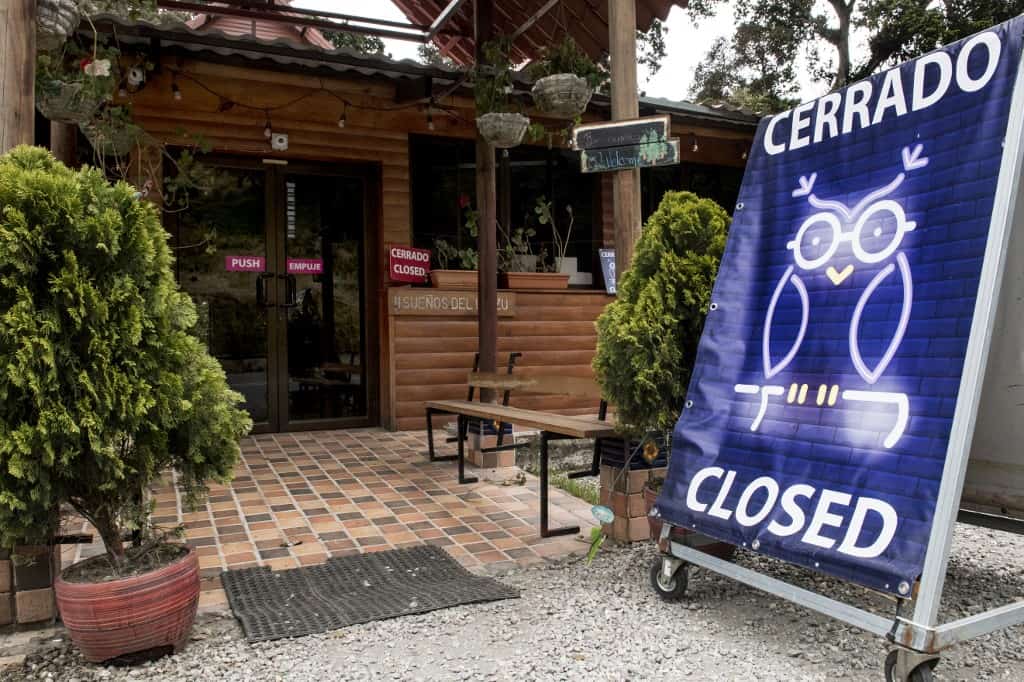Costa Rican authorities face a wave of complaints from business-owners and mayors upset about restrictive measures meant to contain the spread of the coronavirus.
At least a dozen mayors have spoken out publicly against the government-mandated closure of businesses in their respective municipalities — closures which exacerbate unemployment, poverty and the drop in tax revenues.
Gym and barber shop owners also took their claims to Casa Presidencial in a protest, while restaurant owners launched a social-media campaign saying they need help to survive due to restrictions.
The most populated cantons of Costa Rica are among those under the status of Orange Alert, which establishes the closure of many non-essential businesses and prohibits restaurants from serving food on the premises, among other restrictions.
The rest of the country is under Yellow Alert, which allows most commercial businesses — such as gyms, beauty salons and restaurants — to operate.
Nixon Ureña, mayor of San Ramón, asked that the Orange Alerts be applied by district instead of for entire cantons.
“We ask you, Mr. President, that the Yellow and Orange Alert be evaluated by district so that we can gradually reactivate some of the sectors of our cantons,” Ureña said in a video released on social networks and directed at President Carlos Alvarado.
Gym owners and workers have been unable to open in Orange Alert areas since July 11, when the government reapplied closures to curb a spike in COVID-19 infections.
“Our request is that they let us train,” said Erika Elizondo, secretary of the Association of Gyms of Costa Rica.
Meanwhile, several restaurants launched a campaign on social media with the message “Mr. President, save us!” (señor presidente, ¡sálvenos!) asking that they be allowed to receive customers.
The restaurant trade union assures that 45% of the 19,000 establishments in the sector have closed their doors since the outbreak of the pandemic.
Costa Rica was seen as a model country in the containment of the coronavirus, but when an economic opening began in June, infections spiked and put hospitals’ ability to deal with new cases at risk.
“When we have a collapse of healthcare services, when deaths start to be constant, the economy immediately suffers,” Health Minister Daniel Salas said Sunday. “We’re at a crossroads and it’s difficult — if we allow the economic reopening that people and different sectors want, the only thing that’s going to happen is the healthcare services will collapse and we will have many more deaths.”
Salas said he wants “to find a balance.”
As of Monday, Costa Rica had recorded 11,534 cases of COVID-19 and 66 deaths.






